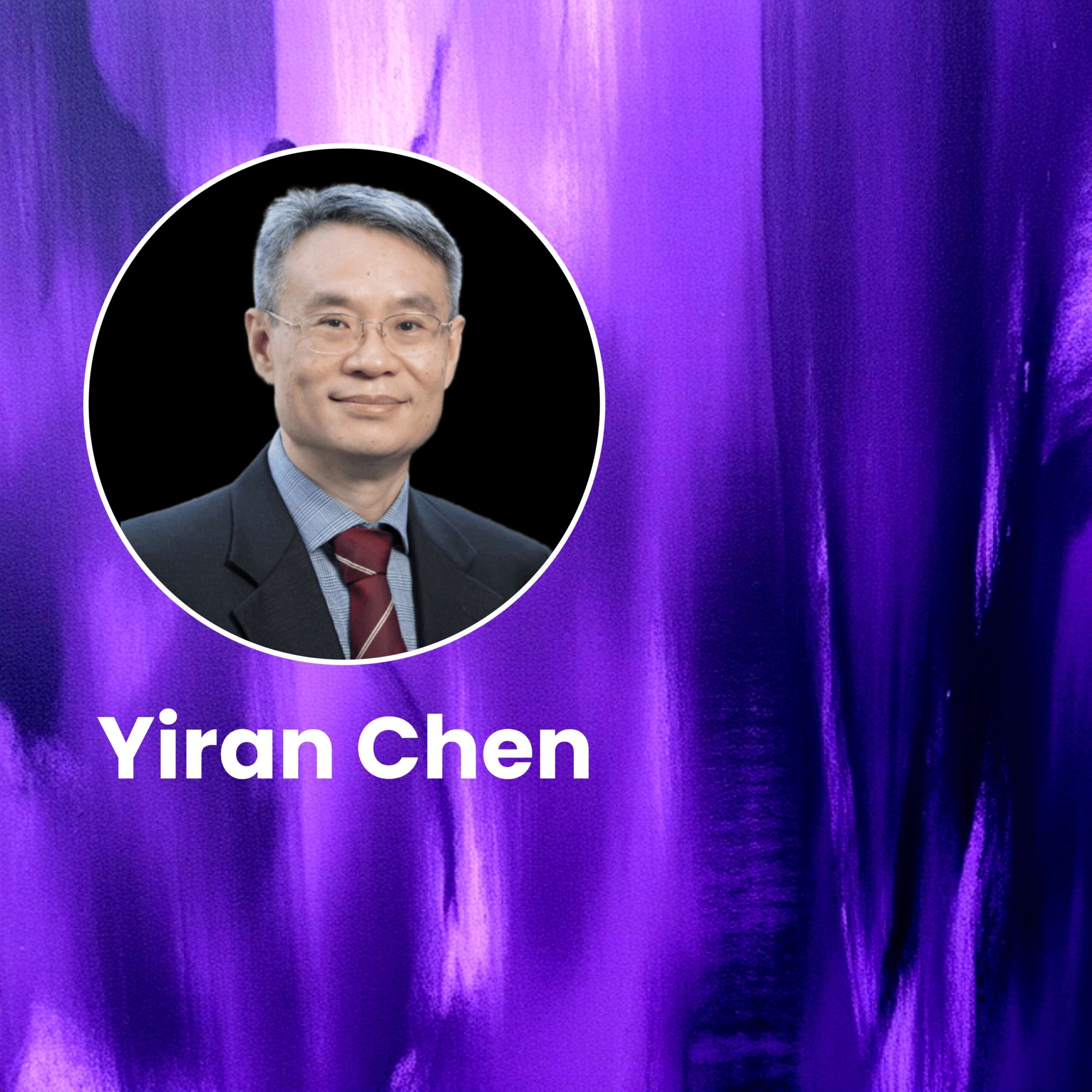
In the world of AI, few figures stand as tall as Dr. Yiran Chen, a renowned researcher and leader in the field. As the John Cocke Distinguished Professor of Electrical and Computer Engineering at Duke University, Dr. Chen is shaping the future of AI with groundbreaking work that focuses on edge computing and sustainable technologies. His influence extends through two major research centers at Duke University: the NSF AI Institute for Edge Computing Leveraging Next-generation Networks, known as Athena, and the NSF Industry-University Cooperative Research Center for Alternative Sustainable and Intelligent Computing (ASIC).
This November, Dr. Chen will share his insights at the GenAI Summit in Silicon Valley, discussing a transformative topic titled “Tiny but Mighty: The Rise of Edge AI.” This talk promises to highlight how AI can be deployed on devices outside of traditional data centers and server farms. In this vision, AI will live in our everyday devices—our phones, cars, and even tiny sensors—bringing unprecedented accessibility and power to the edge.
Duke University and a Vision of Innovation
Duke University, known for its commitment to innovation, secured $71 million in funding in early 2023, which highlights its standing as a research powerhouse. Dr. Chen’s dual leadership of Athena and ASIC places him at the forefront of this mission. These centers are among the elite in AI research, as Athena is one of only 25 National AI Institutes in the United States, collaborating with top institutions like MIT, Princeton, and Yale. The research done at Athena aims to make AI more efficient, scalable, and trustworthy—qualities essential to integrating AI into daily life responsibly.
ASIC, on the other hand, focuses on a crucial dimension of technology—sustainability. As billions of AI devices come online, the energy they consume has become a serious concern. Dr. Chen’s work at ASIC addresses this challenge by developing energy-efficient computing technologies, ensuring that the environmental impact of AI remains manageable.
A Legacy of Research and Innovation
Dr. Chen’s academic credentials are remarkable, with over 600 published papers and 96 US patents. His research has garnered top honors from both the IEEE Circuits and Systems Society and the IEEE Computer Society—an honor only achieved by three individuals in the combined 153 years of these organizations’ history. Dr. Chen’s dedication to AI goes beyond recognition; he’s trained more than 60 PhD students, many of whom have gone on to become influential researchers in their own right. His mentorship shapes not just the present but the future of computer science, inspiring a generation to tackle AI’s biggest challenges.
The Shift to Edge Computing: AI Beyond the Cloud
The essence of Dr. Chen’s upcoming talk lies in a significant shift in AI’s deployment—from massive, centralized data centers to the edge. The concept of “Tiny but Mighty” underscores the idea that AI can operate on smaller, localized devices like mobile phones, smartwatches, and IoT sensors. Edge AI enables devices to process data locally, providing faster, more secure, and energy-efficient solutions. Imagine a mobile device diagnosing a skin condition using AI-based image analysis, or a car navigating a city autonomously without an internet connection—all thanks to edge computing.
Spatial Light Modulators: The Next Frontier
A standout innovation in Dr. Chen’s work is the use of Spatial Light Modulators (SLMs). These tiny, programmable lenses can manipulate light to project hologram-like images, creating exciting possibilities in computing. But Dr. Chen’s research takes SLMs a step further, envisioning them as tools for running AI algorithms directly on devices. SLMs could become a staple in AI-powered sensors and wearables, allowing for highly localized and efficient AI capabilities that don’t rely on constant data streaming to the cloud.
Structured Sparsity and Efficient AI Models
Dr. Chen’s research includes impactful advancements in deep neural networks, particularly through the concept of structured sparsity. Traditional neural networks require vast amounts of power and memory. Dr. Chen discovered that many connections within these networks, particularly those with near-zero weights, could be pruned without affecting accuracy. By retaining only the most efficient pathways, AI models become more compact and require less power, making them ideal for edge devices. This discovery has made structured sparsity a widely adopted method in designing AI models today.
A Commitment to Responsible and Inclusive AI
Beyond the technical breakthroughs, Dr. Chen is deeply committed to the ethical dimensions of AI. His work in mobile computing aims to make AI accessible, empowering those without regular access to computers. Mobile devices, with their processing power and ubiquity, serve as platforms for democratizing AI, helping bridge the digital divide. Dr. Chen’s focus on responsible AI and academic equality reflects a dedication to ensuring that AI technology serves society in positive ways.
The GenAI Summit: A Glimpse into the Future
As he takes the stage at the GenAI Summit, Dr. Chen’s message promises to resonate widely. His talk will go beyond the mechanics of spatial light modulators and edge AI to address the broader implications of these technologies. Issues like data privacy, security, and sustainable development will be at the forefront, highlighting the values that drive his work. His vision is not only to make AI smarter and faster but to ensure that it aligns with the principles of responsibility and inclusivity.
The excitement around Dr. Chen’s presentation is well-founded. His work is a reminder that, as we advance AI, we must also ask critical questions about its role in our lives. Technology alone isn’t enough; it’s the values and vision behind it that make it impactful. Dr. Yiran Chen stands as a visionary leader, pushing AI to new frontiers while staying grounded in a commitment to a better future for all.
As AI continues to evolve, Dr. Chen’s insights will undoubtedly shape a more ethical, sustainable, and accessible AI landscape. The “Tiny but Mighty” developments he champions at Duke University are indeed poised to change the world, one edge device at a time.

